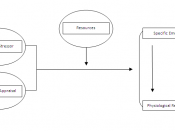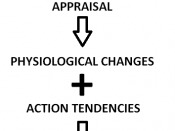Having been involved in various forms of appraisal skills training and appraisal system design for well over a decade, Terry Gillen has identified why appraisal training so often fails to live up to expectations, and provides seven tried-and-tested ideas to help you turn appraisal into a vital management tool.
We trainers attract a variety of labels, and of the neatest I've heard recently is 'performance technologist'. Our job is to impact on the people side of the organisation to improve organisational performance. One of the most productive areas in which to have an impact is the quality of performance-related discussions between managers and their staff. So, when appraisal is permeating hitherto untouched nooks and crannies of corporate life and the need for higher performance continues unabated, if you can improve your managers' approach to appraisal, you can have a major effect on organisational performance.
Unfortunately, we have a handicapped starting point.
Decades of bureaucratic and inappropriate appraisal systems have given managers a jaundiced attitude towards appraisal. Having listened to managers over the years, there are six things they dislike about formal appraisal. As any two or three of them will form obstacles serious enough to warrant attention during training, we need to be aware of them all.
THE SIX DISLIKES OF FORMAL APPRAISAL
1. Managers have enough to do without also having to fill in forms for Personnel.
We all seem to be working longer and harder than we used to. Deadlines are getting tighter and targets tougher. As organisations have downsized, spans of control have increased. I come across managers with more than 30 appraisals to complete within a few weeks of each other while also trying to get on with their 'real' work. Also, with the increasing use of matrix teams, staff empowerment, remote working, home working and...


